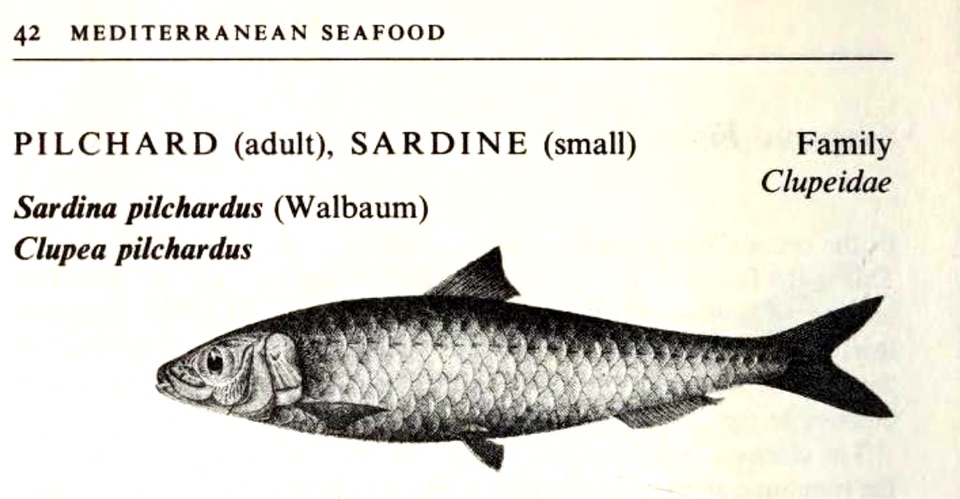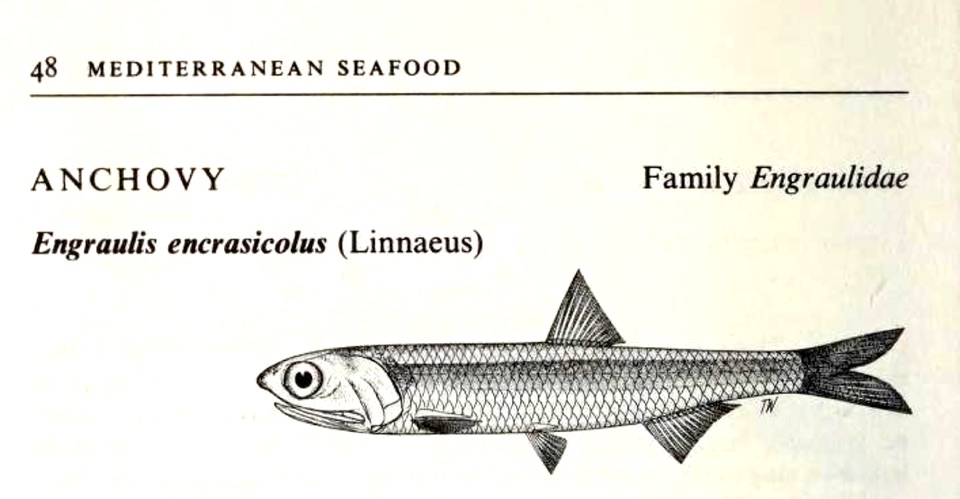Marieke Hendriksen, in our recent conversation, told me how her new junior researcher had “got an allergic reaction and ended up in A&E” as a result of eating too much fermented food. In the past, Marieke added, “because people ate so many fermented foods, they must have had a higher histamine tolerance.” That rang a distant bell for me, and this is the result.
Histamine is the chemical largely responsible for allergic reactions, which are caused by an allergen triggering a release of histamine from specific cells of the immune system. That process is fairly well understood. Histamine is also common in fermented foods as a result of micro-organisms converting histidine, an amino acid found in many proteins. As a result, histamine concentrations are higher in animal ferments – cheese, meats – than in plant ferments. Histamine intolerance is not an allergic reaction but rather a reaction caused by too much histamine in the diet.
Here’s the problem: if you search for “histamine fermentation” online, you find a slew of sites all echoing more or less the same stuff about the prevalence and symptoms of histamine intolerance, along with sure-fire ways to minimise it, lists of foods to avoid, lifestyle changes to make, etc., etc.
Search for “histamine intolerance” itself on, say, Wikipedia and the picture is somewhat different.
Despite the belief shared by several researchers that consuming histamine can lead to nonspecific health issues, the scientific proof to back this claim is both scarce and inconsistent, the underlying mechanisms are not understood and while several factors have been proposed for explaining the underlying mechanisms of these adverse reactions to histamine intake, no single hypothesis has gained solid scientific confirmation.
That in itself explains why there is so much online advice that is charitably best described as a lot more certain than the topic merits. Although Wikipedia and peer-reviewed publications explain how a deficiency in the enzymes that break down histamine could be overwhelmed by a high enough dose of histamine, or might be deficient in some individuals, the results of double-blind trials on self-identified histamine intolerant people are inconclusive at best, and as far as I am aware no enzyme differences have been detected between those people and others not intolerant of histamine.
Aware of the perils of online research, I turned to Sandor Katz’s magisterial The Art of Fermentation. No time to re-read the entire text, I went, naturally, to the index. Other toxins get a good mention, but histamine is completely absent.
From which I conclude that histamine intolerance is quite possibly not a thing at all. What, then, sent Marieke Hendriksen’s new junior researcher to the hospital? Maybe she really did eat so much fermented food that the histamines overwhelmed her breakdown enzymes. Maybe something else entirely. Marieke did warn us not to try this at home: “Don’t eat all your fermented reconstructions at once”. Still, I’m going to go out on a limb here and say, despite not being a doctor of medicine, it’ll probably be just fine.


